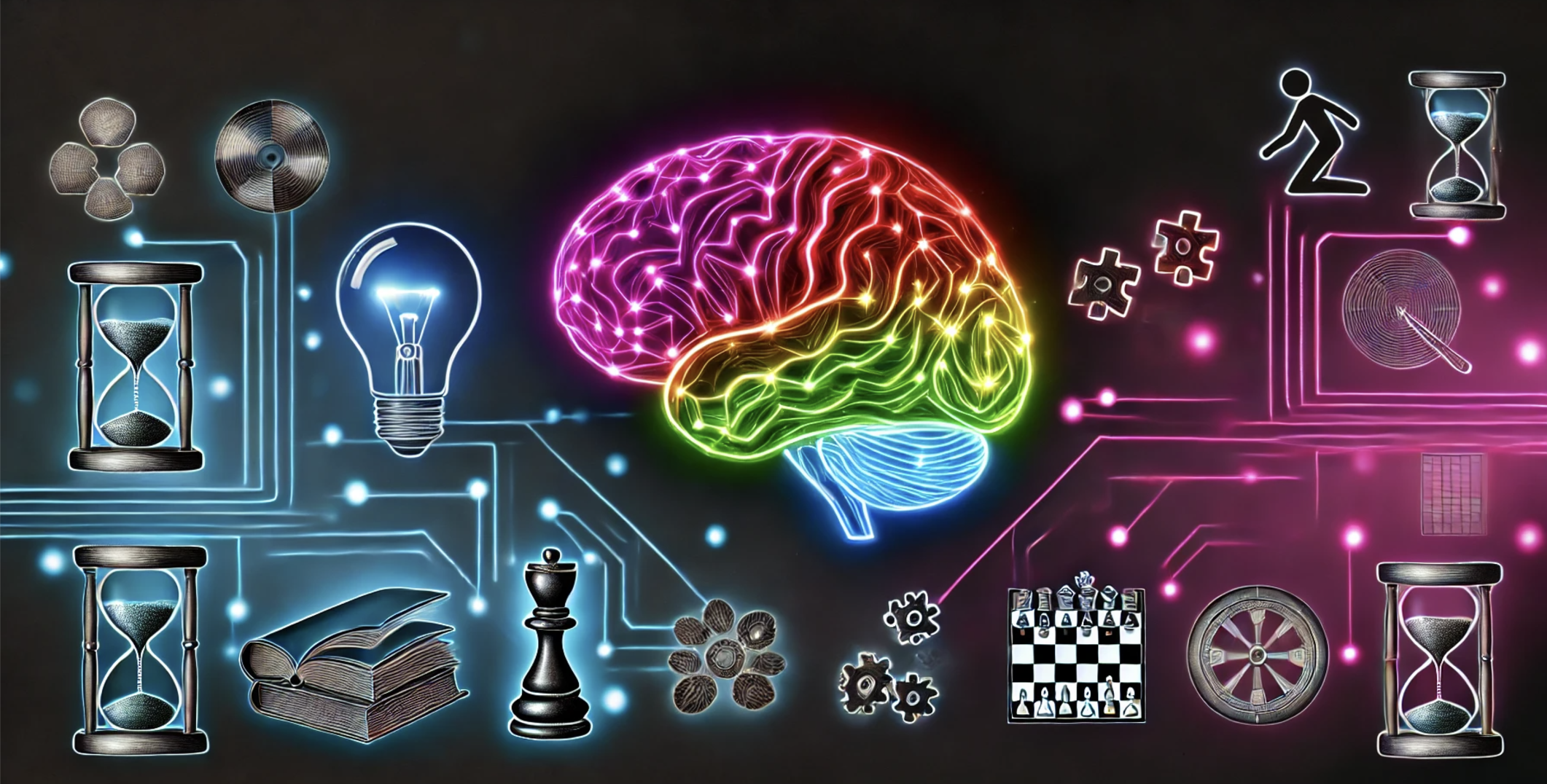IQ tests have long been used to measure cognitive abilities and potential. Understanding the process and preparing adequately can help individuals approach these assessments with confidence.
Taking an iq test requires careful consideration and preparation to ensure accurate results. This guide provides essential steps for anyone looking to undergo this cognitive assessment.
Understand What an IQ Test Measures
Components of Intelligence
IQ tests assess various cognitive abilities, including logical reasoning, spatial awareness, and verbal comprehension. These assessments aim to gauge an individual’s problem-solving skills and mental agility.
The scores from these tests are often compared to a standardized scale, with 100 representing the average intelligence quotient.
Research the Different Types of IQ Tests Available
Common IQ Test Formats
Several IQ test formats exist, each with its own focus and methodology. The Wechsler Adult Intelligence Scale (WAIS) is widely used and measures verbal comprehension, perceptual reasoning, working memory, and processing speed.
Other popular tests include the Stanford-Binet Intelligence Scales and Raven’s Progressive Matrices. Each test has its strengths and limitations, so understanding their differences is crucial.
| Test Name | Key Features |
|---|---|
| WAIS | Comprehensive, verbal and performance tasks |
| Stanford-Binet | Suitable for wide age range, measures five cognitive abilities |
| Raven’s Matrices | Non-verbal, focuses on abstract reasoning |
Choose a Reputable Test Provider or Licensed Professional
Ensuring Test Validity
Selecting a credible test provider or licensed psychologist is essential for obtaining accurate results. Reputable sources administer standardized tests under controlled conditions, ensuring the validity of the assessment.
Individuals can Test your intelligence with our online IQ test now or seek recommendations from educational institutions or mental health professionals for in-person assessments.
Prepare Yourself Mentally and Physically Before the Test
Optimal Test-Taking Conditions
Mental and physical preparation plays a significant role in test performance. Getting adequate sleep, eating a nutritious meal, and staying hydrated help maintain focus and cognitive function during the assessment.
Engaging in light exercise or relaxation techniques before the test can also help reduce anxiety and improve mental clarity.
Create a Quiet and Comfortable Testing Environment
Minimizing Distractions
The testing environment significantly impacts performance. Choose a quiet, well-lit space free from distractions. Ensure comfortable seating and appropriate room temperature to maintain focus throughout the test.
If taking an online test, close unnecessary browser tabs and applications to prevent interruptions.
Follow the Test Instructions Carefully
Attention to Detail
Carefully reading and following test instructions is crucial for accurate results. Each section may have specific guidelines or time limits that must be adhered to.
If any instructions are unclear, ask for clarification before beginning the test to avoid misunderstandings that could affect performance.
Manage Your Time Effectively During the Test
Time Management Strategies
Most IQ tests have time constraints for each section. Effective time management involves allocating appropriate time to each question and moving on if stuck.
Skipping difficult questions and returning to them later if time allows can help maximize overall performance.
- Read through all questions quickly at the start
- Answer easy questions first
- Keep track of remaining time
- Avoid spending too long on any single question
Focus on Your Own Performance, Not Others
Maintaining Concentration
During group testing sessions, it’s important to concentrate solely on one’s own performance. Comparing progress with others or becoming distracted by their actions can negatively impact results.
Maintaining focus on the task at hand ensures the most accurate representation of individual abilities.
Review Your Results with a Qualified Professional
Interpreting Test Scores
After completing the test, reviewing the results with a qualified professional provides valuable insights. These experts can explain the significance of scores in different areas and how they relate to overall intelligence.
They can also address any questions or concerns about the testing process or results.
Use Your Results as a Tool for Personal Growth and Development
Applying IQ Test Insights
IQ test results offer a snapshot of cognitive abilities at a specific point in time. Using these insights constructively can guide personal development and learning strategies.
Identifying strengths and areas for improvement allows individuals to tailor their educational and professional pursuits accordingly.
| Cognitive Area | Development Strategy |
|---|---|
| Verbal Comprehension | Read diverse materials, engage in discussions |
| Spatial Reasoning | Practice puzzles, learn 3D modeling |
| Working Memory | Memory games, mindfulness exercises |
Remember that IQ is not fixed and can be influenced by various factors, including education, experiences, and cognitive training.
Continuous learning and challenging oneself intellectually contribute to ongoing cognitive development.




